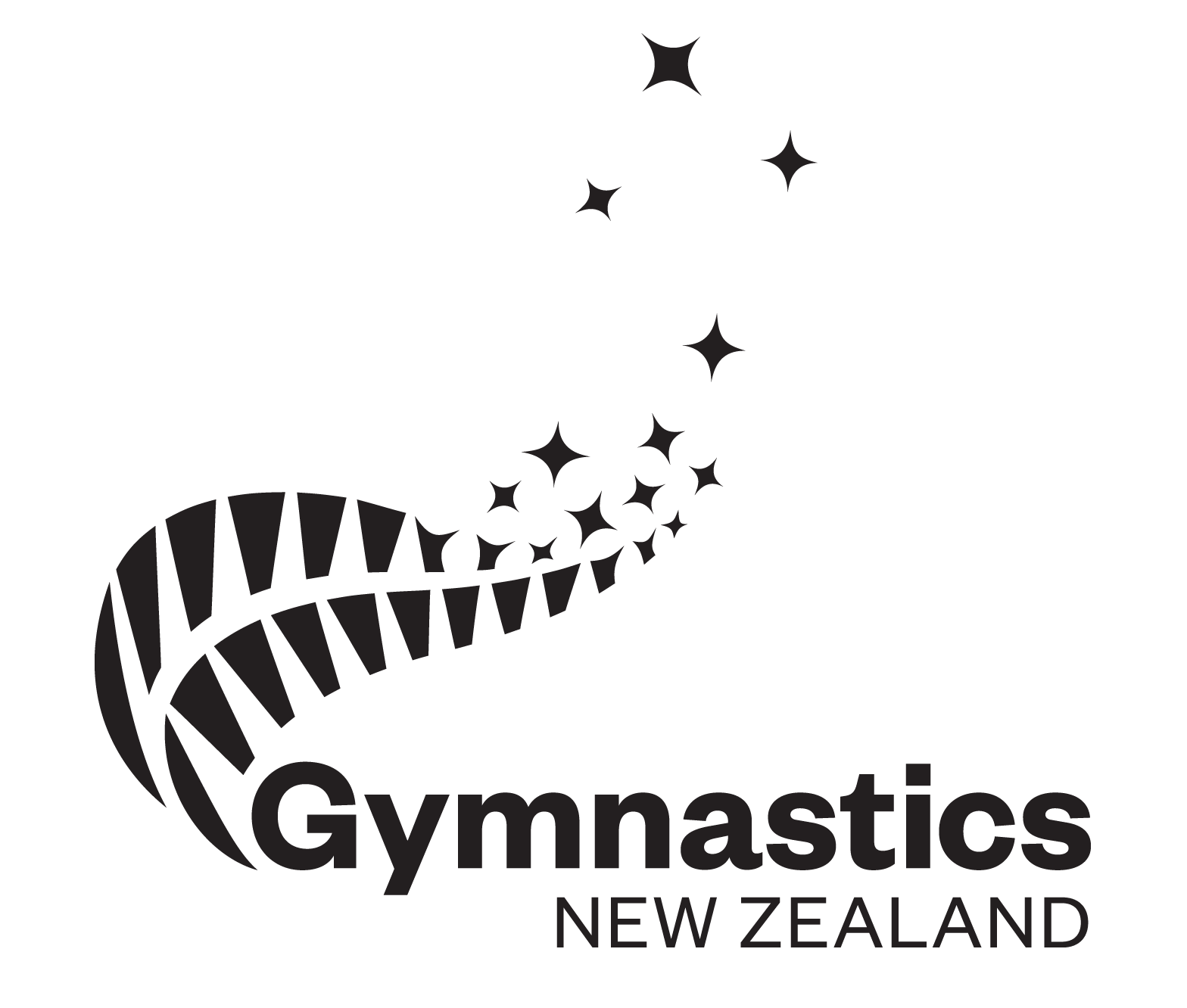Recently, this Project 2020 update was sent out to all clubs. If you have not already done so, we encourage you to take some time to read it now.
In this issue, we look a little deeper into the types of changes that are being made and how some clubs are tackling these changes and seeking new opportunities.
More detailed information about Project 2020 can be found here on the website including the 2020 Club Support Plan and the Club Transition Checklist. With Project 2020, knowledge really is power. The more you read and ask, to gain a sound understanding of what is happening along the way, the easier it will be to adapt and take advantage of the opportunities that arise.

Project 2020 – How clubs are already adapting
The changes to the event calendar in 2020 open up the calendar and present a range of new opportunities. Some of these include:
Waitara Gymnastics, Taranaki – in 2018 Waitara Gymnastics hosted the Germany Gymnastics Federation Kader Team from TuS
Future Gymnastics, Tauranga – Gabrielle is looking to capitalise on the fact that athlete routines will be ready earlier than usual enabling the older athletes to go on a club trip overseas during the summer holidays, something that has not been possible before.
Rimutaka Gymsports, Wellington – not wanting to be caught on the hop, Rimutaka has taken a pro-active approach to their preparation for 2020. The club has looked carefully at what all the changes mean, who they will impact and determined how they will need to adapt as a club. Historically, the club invoiced monthly starting from February which had the potential to cause cash flow challenges in the future. They will now start invoicing in January ensuring that their cash flow lines up with when coaches and athletes are back in the gym.
A number of clubs have already started looking at leotards and are using the shift in the calendar to consider changes, including sleeveless leotards.
Staffing and summer holidays
This is an area that has been most commonly raised by clubs as a potential challenge. The number of clubs who have no one back operating during January has shrunk significantly over the past five years and many athletes are already back training or attending camps in January.
However, this might place a strain on clubs needing coaches to take summer holidays. Some of the suggestions and ideas that are already being planned and adopted by clubs around the country include:

- Attending summer camps – summer camps can form a key part of an athlete’s return to training (and for many they already do). As well as improving athletes skills, summer camps encourage coaches and athlete to connect across clubs and build stronger relationships which is great for the sport.
- Coach sharing – with only the higher level competitive athletes needing to be back at the gym in the earlier part of January, clubs are able to combine forces and run joint training sessions – this enables clubs to use less coaching staff. One example given is for a club to provide the coach/es for the first two weeks in January, enabling coaches from the other club to take time off, and then swap enabling the first coaches to have the second half of January off.
- Taking time to look at exactly how many athletes need to be in the gym over the January period, what training they need to do and what coach support is required – this allows for resources to be used in the most effective manner.
- Communication is key – make sure that you find out what the clubs near to you are doing and talk with them about how you might be able to share resources. Your Gymnastics NZ Relationship Manager can put you in touch.
- Flexibility – while it is clear that higher level athletes will need to train during their summer holidays, without the constraints of school, there is no reason that the training week needs to look the same. Can trainings happen in the mornings when it is cooler for example?
- Engagement with parents – ensure that parents know well in advance what the changes will be and be clear about what the expectations are. This will also allow parents to share what their summer plans are so that training and family trips away can co-exist. While training needs to happen, the rigid structure of term time may need some flexibility applied.

